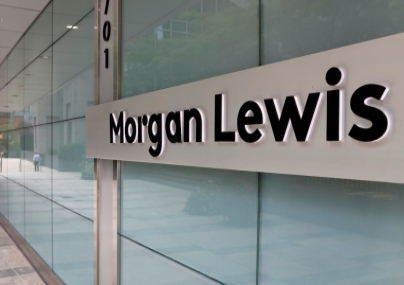The Shanghai Stock Exchange on Tuesday announced restrictions on who can trade high-risk bonds, another step in a campaign to steer retail investors away from risky high-yield investment strategies and toward buying and holding for value.
The new regulations, effective immediately, say bonds issued by companies that operated at a loss the previous year will receive a special "ST" designation, identical to the "special treatment" tag applied to shares in loss-making companies trading on the stock exchange.
Individual investors must have at least 5 million yuan ($805,300) in financial assets to trade ST bonds, the statement said. They must also sign a document saying they understand the risk such trades entail.
"Recently the number of bonds listed on the Shanghai Stock Exchange has hit repeated record highs, and credit risks of such bonds have increasingly attracted attention from both the market and regulators," an exchange representative said in a statement published on its website.
China allowed its first default of a publicly-traded bond this year when Chaori Solar defaulted on a bond traded on the Shenzhen exchange.
The announcement is unlikely to have a major direct impact on China's wider debt market. China boasts a 30 trillion yuan ($4.83 trillion) onshore bond market, but the majority of those bonds are traded in the interbank market by banks and big institutional investors. By comparison, the Shanghai exchange had only 1.72 trillion yuan worth of outstanding bonds at the end of 2013, according to official data.
The exchange said that in addition to loss-making companies, other firms including those which forecast losses for the forthcoming year, companies with legal problems and companies with operational issues that will affect their ability to repay will also receive the designation.
Many credit-rating agencies
The exchange statement also said that company bonds rated AA- or below will also get the ST tag, without elaborating on which rating would be used. The Chinese have four major credit ratings agencies and numerous smaller ones. There have been signs of a price war over clients, which analysts worry has made some ratings unreliable.
Historically, Chinese retail investors have preferred short-term strategies trading shares and bonds in highly volatile smaller companies. Usage of the ST designator has not persuaded the average Chinese stock investor to abandon such shares for more stable large-cap companies.
In addition, wealth management products backed by high-yielding bonds issued by lower-quality issuers have also proven popular in China. Beijing has made efforts to dissuade investors from believing such products are subject to an implicit default guarantee.
As regulators have applied increasing pressure to high-risk issuers, Chinese corporations have increasingly looked overseas for fundraising in search of lower yields.
The Chinese corporate bond market is set to overtake the U.S. to soak up one-third of global company debt needs over the next five years, Standard & Poor's said on Monday.
"As much as 10 percent of global corporate debt is exposed to the risk of a contraction in China's informal banking sector," the agency said.


